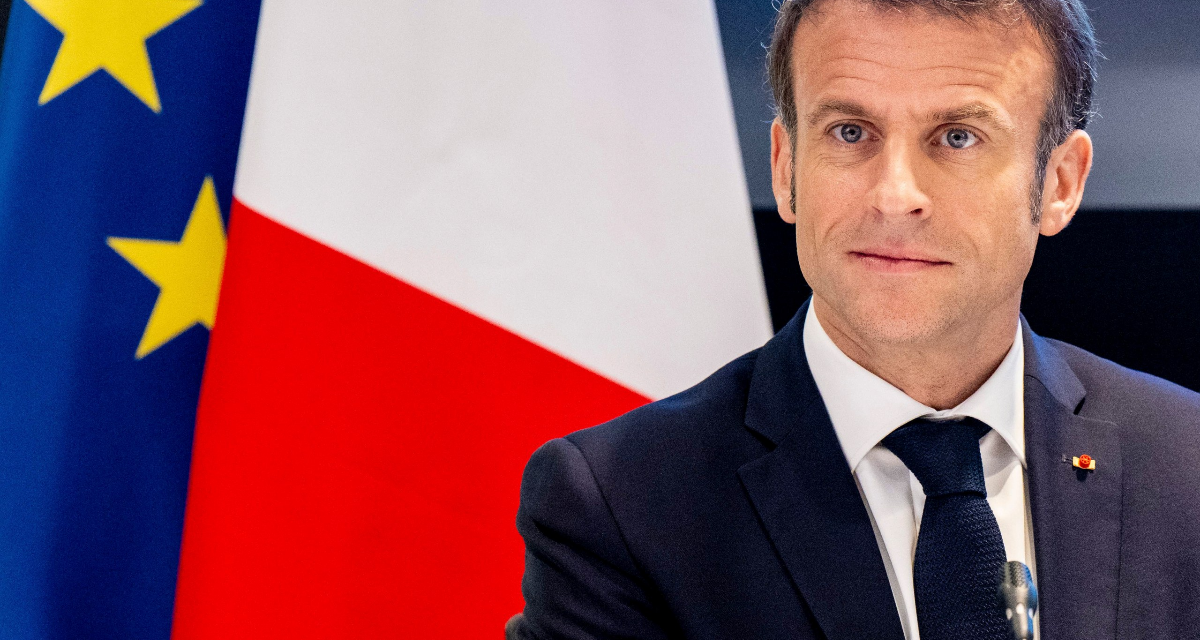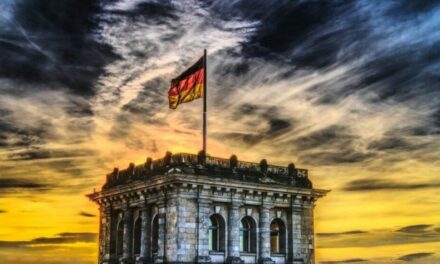Now maybe something can move, and everything that we have been saying so far, that the Hungarians of Székelyföld also want nothing more than autonomy within the republic, and Székely self-administration within Romania, can finally find understanding ears on the part of our neighbors. Written by Katalin Szili and Ferenc Kalmár.
We quote the first stanza from István Rab Zajzoni's poem "Council of Poetics", which is still extremely relevant today:
"Hungarian, don't look only to the west,
Don't expect your future only from the west;
The West is an apple and worm part of the earth.
Oh, leave this cemetery!”
In today's cacophony of communication, it is worth devoting some time to this wormy part of the apple.
There is a surprisingly new and clear voice in the life of European national communities. This voice is the voice of French President Emmanuel Macron, who proposed autonomy for Corsica, internal autonomy, the existence of which he wishes to confirm in the French constitution. "Let us have the courage to build autonomy for Corsica within the republic," said the head of state in the Corsican assembly.
"This autonomy should be the tool for building a common future, without separating from the state. There will be no autonomy against the state, nor autonomy without the state. But autonomy for Corsica, within the Republic," said the French president.
"I support that in the constitution, in its own article, the specificity of the Corsican island community, its historical, linguistic and cultural character is recognized," Macron continued.
He also added: "The new institutional phase that we want to initiate must allow Corsica to preserve its soul and identity while remaining within the borders of the Republic."
Finally a new voice in Europe. From the president of a country that has so far rigidly refrained from supporting the national minority protection system. Now, at the same time, it recognizes the importance of the institution of autonomy, and thus also the often disputed collective rights.
In Europe, where national minorities are still considered a national security risk in some places. Where the mere utterance of the word autonomy causes snorts from the extremists of the majority society, and not only from them.
Now maybe something can move, and everything that we have been saying so far, that the Hungarians of Székelyföld also want nothing more than autonomy within the republic, and Székely self-administration within Romania, can finally find understanding ears on the part of our neighbors.
Internal autonomy fixed and strengthened in the constitution, which recognizes the historical, linguistic and cultural characteristics of Székelyland.
Macron realized what a resource for France the preservation of the soul (!) and identity of the people of Corsica in today's Europe, doomed to dilution.
We hope that it will have followers, and based on example, at least initially, we will achieve that the Romanian political class chooses the negotiating table in order to clarify concepts. We hope even if we know that the near future with elections is not conducive to the inclusion of this question.
In a slightly broader context, however, the European elite of the future must also have an interest in the creation of long-term peace, security and stability. However, this does not work if you do not deal with the issue of national minorities, you push these issues away.
We have already proposed five basic principles for the European Union, which we already put forward during our Presidency of the Council of Europe.
Here again as a reminder: the issue of national minorities is not an internal matter, but a European issue, the protection of national minorities means the protection of their identity, individual and collective rights are necessary for the protection of identity, national identity does not necessarily have to coincide with citizenship, national minorities must be recognized as constituent communities.
These can form the basis of a binding and enforceable European framework law, which also provides the member countries with the framework for developing their own internal laws.
Based on the economic, social and political results of the autonomies already operating in Europe, we can especially state that Corsica is also destined for success.
Why can't other national minority communities in Europe be similarly successful?
If we have already started the writing with the beginning of István Rab Zajzoni's poem, here is another, more optimistic part for us, which prompts us to persevere in common struggle:
"Only if you achieve this goal,
you will have a happy future here, Hungarian;
And what can't an enthusiastic nation achieve,
If it wants one and together?"













